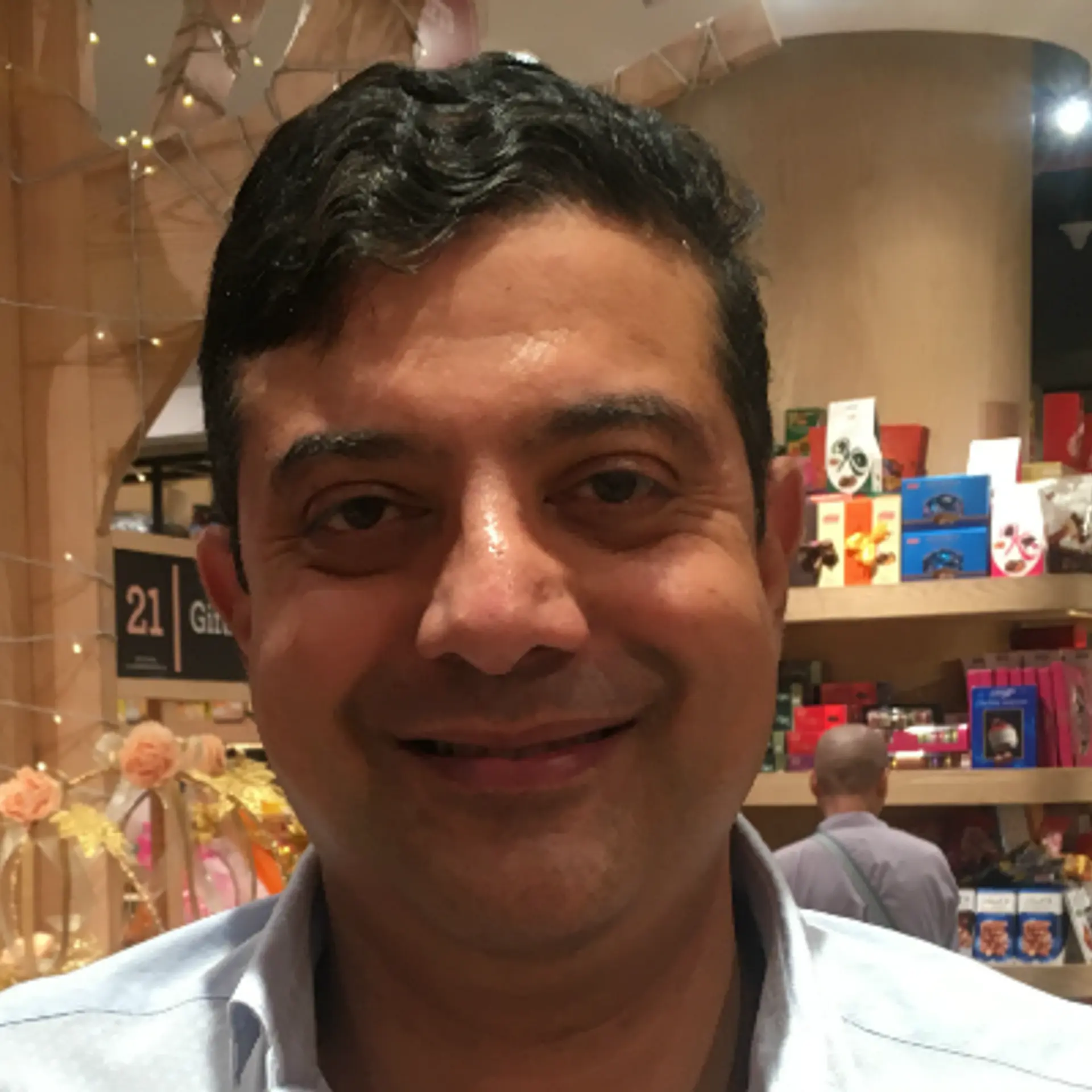10 small businesses solving big industrial problems, clock revenue in crores
From plastic recycling, reliable CNG kits to COVID-19 test polyester swabs, here are some Indian MSMEs that are solving big industrial problems.

In March, Indian businesses were severely hit with the lockdown imposed due to the coronavirus pandemic. However, various businesses continued to survive by innovating either their business processes or pivoting their business models.
Here are 10 small businesses in India that are solving industrial problems of plastic recycling, reliable CNG kits, plastic reuse, COVID-19 test polyester swabs, and many more.
The Yarn Bazaar

Among many things, India is known for its textiles. The beautiful fabrics that India weaves are popular in many parts of the world, providing uniqueness to India’s culture and heritage.
However, the reality behind the industry is grim. The yarn, which is the basic raw material for fabrics, is sourced from mills across the country. The market is highly unorganised and fragmented. In addition, the presence of several middlemen in the value chain also makes it difficult for the buyer to get a fair price.
Today, ‘Vocal for Local’ campaign and digitisation are being hailed as the need of the hour in order to revive businesses from the COVID-19 impact. The same holds true for the yarn and textiles industry.
Mumbai-based The is one company that is digitising the yarn industry. In just a year, the company has closed a GMV of Rs 58 crore.
Pratik Gadia’s family is in the textile industry. The business entailed manufacturing and wholesaling of textile fabrics. After working in the family business for almost five years, Pratik realised the industry was in dire need of change.
He says, “I saw that procurement of yarn was a big challenge and it also impacted our production plans.”
The industry works on credit, which means a lot is at stake and if there is a delay in delivering the yarn, then the entire production process is disrupted. This is when the idea to start an online B2B marketplace for yarn, which is a one-stop solution for all yarn needs for a buyer, occurred to Pratik.
Green Fuel Energy Solutions
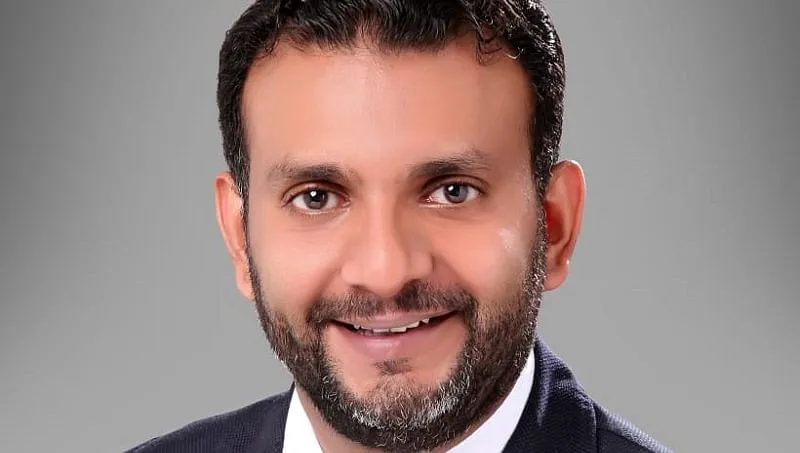
The future of the automobile industry lies in sustainable mobility. Manufacturing companies like Bosch and Continental predict that by 2030, the world would be focussed entirely on electric mobility, with research on fuel cells making considerable progress.
Gurugram-based auto-ancillary company Green Fuel Energy Solutions, founded by Akshay Kashyap, has been building sustainable kits for the automobile industry since 2006. The company started with making CNG kits for auto manufacturers such as Tata Motors and Ashok Leyland. From 2010 onwards, the idea of building a great business around electric vehicles started gathering steam.
"Our company solves the problem of providing extremely reliable, zero-defect, and safe components used for sustainable mobility for gas-fueled vehicles and now electric vehicles as well," says Akshay Kashyap, Founder, Green Fuel Energy Solutions.
Green Fuel Energy’s business is primarily focussed on B2B customers for its CNG kits and supplies to the likes of Maruti Suzuki, Tata Motors, and Ashok Leyland. Akshay started the business in 2006 with a capital of Rs 40 lakh. Today, he has built a self-funded, zero-debt, profitable, and cash rich company with a turnover of Rs 76 crore.
Packman
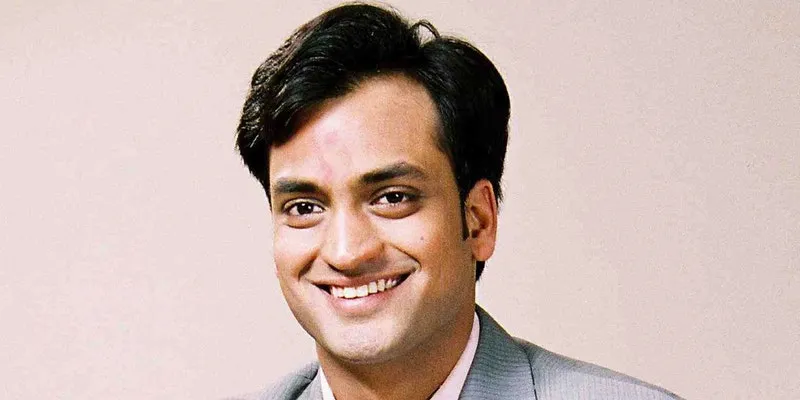
Gaurav Jalan, Founder of Packman Packaging
In American comic books and movies, Superman, Batman, and Iron Man protect the world from fictional threats. Packman, the brainchild of Indian entrepreneur Gaurav Jalan, is on a mission to protect against a real-life, everyday threat: plastic packaging.
The Indian company supplies Amazon India, Flipkart, Samsung, Bosch, and other clients with eco-friendly and biodegradable packaging products.
In its factory in Greater Noida, Packman Packaging manufactures paper-based corrugated boxes (paperboards with air columns) in various shapes and sizes. These are the familiar, brown cardboard boxes used to package electronics, shoes, food items, and clothes, etc.
Packman also makes corrugated rolls, bubble rolls, bubble pouches, courier bags, POD jackets, duct tapes, ecommerce shipping bags, and more. Besides selling these directly to customers, it has an ecommerce store where these products can be bought.
“The material used to make the packaging comes from recycled paper, food quality paper, and biodegradable paper. Today, Packman can manufacture upto one lakh corrugated boxes and rolls each day and ship to over 300 Indian cities,” Gaurav claims.
Packman, registered in Delhi, makes Rs 20 crore turnover annually, and has 105 employees.
RV Enterprises
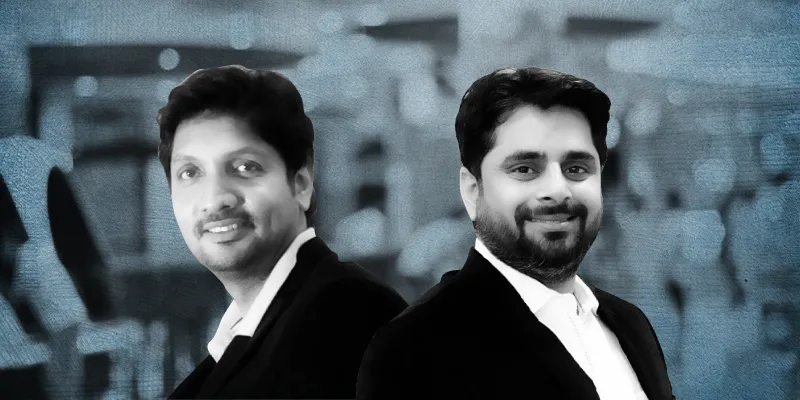
RV Enterprises founders Vickram Singh (left) and Ramesh Rao (right)
Artwork and handicrafts were a big part of Vickram Singh’s life in Bera, a village in Rajasthan famous for its leopards and panthers. Growing up, he admired the skill local households put into making handcrafts.
It took some years for him to notice the villagers who made handicrafts were not benefitting from sales. Profits largely went to traders and other middlemen who the villagers relied on to take the products to market.
“Looking at this situation, I understood that the problem existed in several other parts of the country. I saw a potential opportunity for creating an international B2B marketplace - one where small-time manufacturers, factory owners, and MSMEs could sell globally without going through middlemen,” Vickram, who is an MBA graduate from Christ University in Bengaluru, says.
Vickram went on to work in a range of corporate and startup roles before he quit his job and took the entrepreneurial plunge. Ramesh Rao, a banking expert and also an MBA graduate from Rajasthan, joined Vickram in taking the leap.
In 2016, the duo started RV Enterprises in Bengaluru with their savings of Rs 25 lakh.
Vickram and Ramesh decided to test the idea by piloting one material: granite.
India is a major exporter of granite, and RV Enterprises capitalised on this and brought the business online. The company built a website, which organises and makes transparent the details of the granite products and suppliers. They sourced granite from suppliers based in local quarries, processed it into slabs and blocks, and exported them.
“I wanted to take it one step at a time to get a realistic picture of how the B2B marketplace would work. I wanted to later apply this concept for a multi-category B2B marketplace that would include artwork and handicrafts,” Vickram says.
The granite business alone fetches RV Enterprises a turnover of Rs 7.9 crore, Vickram says.
Gem Selections

Aaradhya Khanna, second-generation entrepreneur at Gem Selections
Many believe that gems and gemstones have healing properties. Many cultures attribute gems to specific energies, and in astrology, each planet is associated with a different stone.
According to gemsociety, “Some use gemstones as part of their spiritual practices to restore energy fields, gain peace, and promote love and safety. In some belief systems, gemstones are placed on certain areas of the body, called ‘chakras’, to promote healing.”
Foreseeing India to be one of the biggest markets in the years to come, Pankaj Khanna (56) set his foot in the gems and gemstone industry in 1987 as a sole proprietor, founding the company Gem Selections.
In an interaction with SMBStory, the second-generation entrepreneur, Aaradhya Khanna, son of Pankaj Khanna, says,
“When the business was set up, my father used to buy raw gemstones from the mines through a middleman, get lapidary work done (cut and polished) to supply to various jewellers across the Indian subcontinent.”
In 1997, when Pankaj entered into the wholesale and retails, they switched their supply chain to import the gemstones directly. Aaradhya says,
“Earlier, we used to take rough gemstones from Jaipur and Sri Lanka. However, when we set up our store, we started importing stones from different countries directly, and then in 1999, we set up a manufacturing plant in Khambat, Gujarat to export finished gemstones.”
A gemstone has three properties — clarity, lustre, and colour. According to Aaradhya, these properties define how expensive the stone is.
“The gemstone industry is very unorganised and the prices are volatile. Even for stones like the ruby, India has a great potential for extraction but due to unfavourable schemes and policies, the retailers are unable to reap the maximum benefit,” he adds.
Gem Selections deals in retail, wholesale, and export of gemstones, diamonds, jewellery, handicrafts, rudraksha, yantras, bullion, and other related products. The company imports yellow sapphire from Sri Lanka, blue sapphire from Africa, and emerald from Brazil, among others. These cost between Rs 7,000 and Rs 15 lakh — some even going up to crores of worth.
Deluxe Recycling
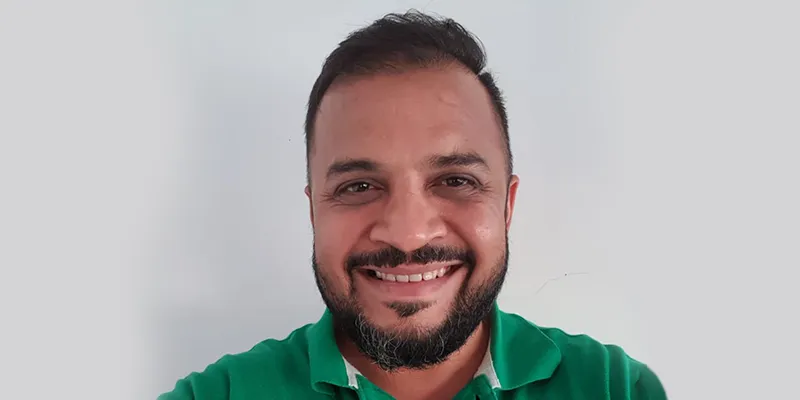
Jignesh Shah, Founder of Deluxe Recycling
The world has woken up to the consequences of ignoring warning signs from the environment. And people and businesses are recognising the need to make choices that are ecologically sustainable.
Helping more companies go easy on the planet are companies like Deluxe Recycling, which is a Mumbai-based business that has been providing environment-friendly solutions of dunnage options to various organisations, companies, and industries since 1999.
In a conversation with SMBStory, Jignesh Shah, the founder of the company, shares insights on the Deluxe Recycling’s inception and what it is aiming to accomplish.
He says, “Initially, we used to recycle only the factory waste coming out of the Tetra Pak production lines. Since 2004, we have been supplying these chipboards to the automobile industry in the form of a seatback and backrest for passengers and drivers in the three-wheeler auto rickshaw sector.”
Jignesh claims that 80 percent of the auto rickshaws in the country use chipboards supplied by them. Deluxe Recycling has a B2B model and is also supporting government bodies by supplying its products to them.
“We supply pallets to Indian Railways that are further used in making bathroom doors. Institutions like Food Corporation of India and the state warehousing corporations of Maharashtra and Chhattisgarh have shown their interest in such applications for recycled products (pallets), which they use for storing food grains in their warehouses,” Jignesh explains, adding that Bajaj Auto Ltd., TVS Motors, and Atul Auto are some of the company’s clients in the automobile sector.
Suparshva Swabs

For the last few weeks, India has been detecting thousands of positive COVID-19 cases each day. Enhanced testing has allowed the country to detect a higher number of new infections and expanded its testing capacity.
Initially, COVID-19 testing had been slow due to the lack of testing kits, high costs, logistical difficulties, and more. Now, the pace is picking up as laboratories and healthcare firms are coming together to battle the virus.
One Indian company that is making a big difference is Delhi-based Suparshva Swabs, which makes personal hygiene products such as cotton buds, cotton balls, and special swabs under the Tulips brand.
Till March 2020, polyester swabs for COVID-19 testing were not manufactured in India. They were imported from China or the US. With global demand for the swabs on the rise, it became more difficult and expensive to source them for domestic use.
To solve this problem, the family business converted its 100 percent cotton processing lines at its Ghaziabad factory to produce polyester-spun swabs on automatic production lines, all in just ten days.
“We are the first Indian company to develop special polyester spun swabs for COVID-19 testing. We started making two million polyester swabs a week and grew it to five million a week towards the end of May,” says Rahul Jain, second-gen entrepreneur and partner at Suparshva Swabs, in an exclusive interview with SMBStory.
Lucro Plastcycle Private Limited
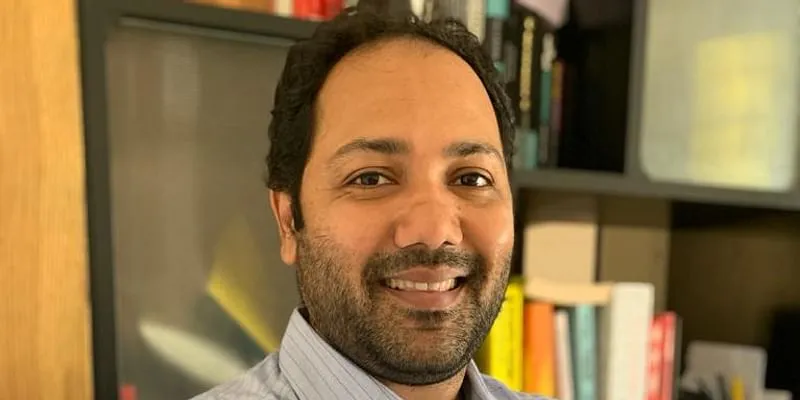
Ujwal Desai, Co-founder and Managing Director, Lucro Plastecycle Private Limited
COVID-19 may have brought the world to a standstill but it has also compelled human beings to take a better look at how we use our resources. It has woken up the world to the damage done to the environment and the planet at large.
Take plastic waste mismanagement, for example, a problem plaguing the Earth for decades, especially in India.
According to a report by the United Nations, the world produces 400 million tonnes of single-use plastic (SUP) waste annually (47 percent of the total plastic waste). It is also estimated that only nine percent of the plastic is getting recycled worldwide.
Companies like Plastecycle Private Limited have been trying to manage the situation, and save the plant from being choked to death. The Mumbai-based company was started in 2012.
The co-founders tell us that Lucro has grown by 100 times over the past eight years. It claims to be one of the largest suppliers of recycled packaging and protective covers, serving over 200 manufacturers and customers across different sectors including Mercedes Benz, Maruti Suzuki and Marico .
AKVO Designs
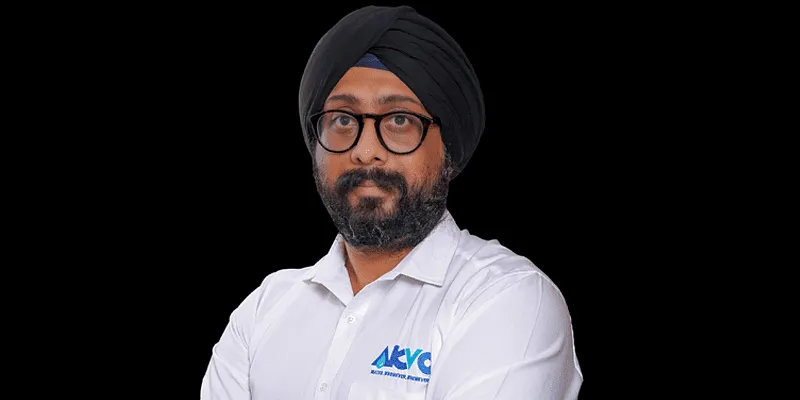
Water scarcity reports have become the norm across the globe. And our country has not managed to avert the crisis. According to a 2018 WaterAid report, over 12 percent of India’s population is already living the 'Day Zero' scenario, thanks to excessive groundwater pumping, an inefficient and wasteful water management system, and years of deficient rains.
Innovation is the need of the hour and a Kolkata-based company is doing just that by producing pure drinking water out of air.
Sounds like magic? Well, it is science, says Atmospheric Water Systems, which claims to be the first player in India to manufacture atmospheric water generators indigenously.
Atmospheric water generators (AWG) are machines that can produce water from air. They work on electricity and use the simple process of condensation and filtration to produce fresh and clean water, without requiring any external source of water.
Using the AWG technology, the Kolkata-based company replicates the natural process of condensation by simulating a dew point, which allows it to make water continuously, even in low humidity conditions.
Responsible Whatr
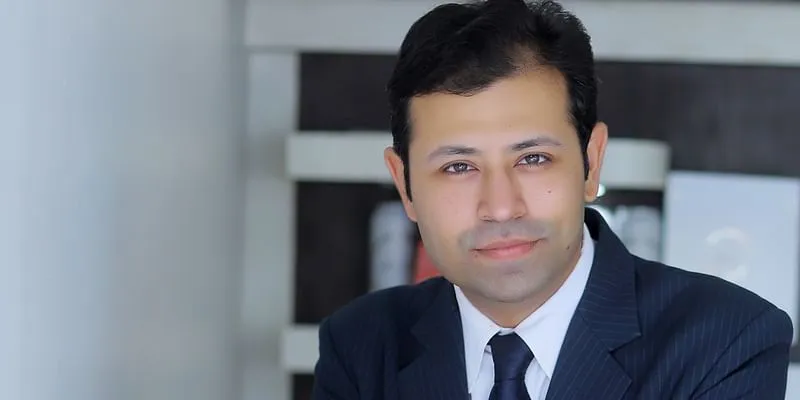
Ankur Chawla, Cofounder, Responsible Whatr
India struggles a lot to collect the waste plastic water bottles. According to a Central Pollution Control Board (CPCB) report from 2012, India generates 15,000 tonnes of plastic a day, of which 40 percent remains uncollected. This uncollected plastic waste adds up, leading to land and water pollution which poses a serious threat to the environment.
Not just industries and households, but five-star hotel chains and restaurants also generate alarming levels of plastic waste, mostly in the form of plastic water bottles. After seeing such large-scale plastic consumption, Ankur Chawla, a beverage expert and a veteran of the hospitality industry, undertook research to find a solution.
In an interaction with SMBStory, he says,
“I wanted to solve the plastic waste problem which I have been witnessing for many years. I quit my job in 2016 and for the next three years, I set up a catering company and worked as a consultant for big brands and the problem of waste disposal existed there too. It was like everyone was seeking a solution but nothing was available. And then I chanced upon some luck.”
Ankur met Bhrigu Seth who was into exotic farming and was supplying greens to modern retail shelves. Both of them realised that they shared a common goal and it didn’t take long for them to draft a plan of action.
After going through the intricacies of the issue at hand, the duo came up with a solution — aluminium.
Ankur and Bhrigu decided to launch Responsible Whatr, natural spring water beverage packed in an aluminium can to solve the problem of waste plastic water bottles. In just a month of launch, the duo has sold 30,000 units of the aluminium water beverage can.
Edited by Dipti D





